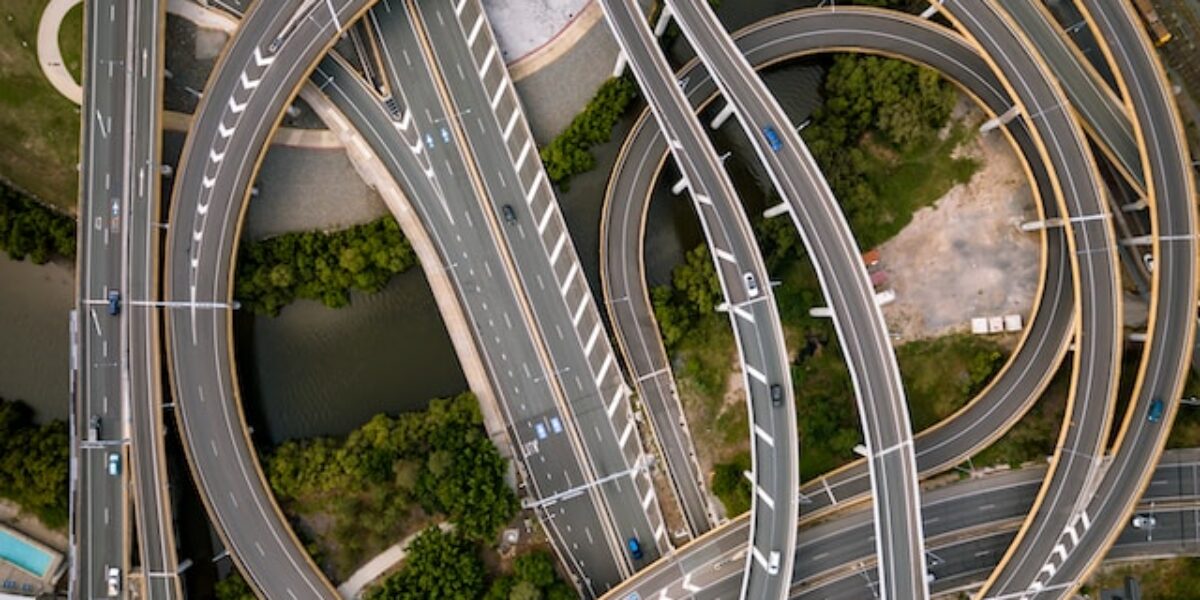Planning the road network
Government accused of failing to plan and regulate effectively, costing time and tax payers' money
The Department for Transport (DfT) will be looking to improve existing roads rather than invest in big new road projects.
That is the implied response to the publishing of a new Transport Committee report.
Government ministers have indicated it wants to put more focus on maintenance of England’s Strategic Road Network.
Lack of strategic development
The latest development comes in the DfT’s response to the Transport Committee’s report on Strategic Road Investment. It follows an inquiry prompted by persistent delays and overspends on a catalogue of large-scale schemes.
This inquiry examined the reasons behind issues that affected National Highways’ multi-billion-pound portfolios of projects to improve and grow the Strategic Road Network – 4,300 miles of motorways and A roads.
As well as investigating ways to improve delivery of National Highways’ five-year Road Investment Strategy (RIS) portfolios, MPs also questioned how the Government’s drive to deliver major road projects could accord with its statutory net zero targets.
Repair rathe than develop
“We applaud the Government’s indication it will put more emphasis on renewal and maintenance of England’s ageing Strategic Road Network,” says Transport Committee chair Iain Stewart MP.
“This is a wiser course of action than pouring billions into major enhancements that have been beset by delays and soaring costs, and it better reflects motorists’ interests.
“However, we do not accept the Department’s excuse that risks to these schemes were somehow unforeseeable. The NAO (National Audit Office) and others have made clear this was not so.
“Attempting to analyse the status of various schemes often felt like navigating a spaghetti junction, with key documents either not available or only from disparate sources. It was also positive to see the Department agree to look at publishing more frequent updates.”
Stewart adds that it is disappointing that the Government seemed “unwilling to explore” less carbon-intensive transport projects. These could limit the increases in congestion on major roads that it “appears to believe are inevitable”, along with the environmental, commercial and social costs associated.
He did welcome the acknowledgement that regional transport bodies could be beneficial in the planning stages. “After all, they are best placed to understand the needs of their communities and risks that could crop up,” says Stewart.
Priorities
The cross-party committee’s report argued that money for the next Road Investment Strategy should be prioritised on renewal and maintenance. Costly enhancements and big builds have been prone to delay and overspend.
Research also shows that road users would also prefer the day-to-day upkeep of existing roads to be prioritised.
The DfT agreed in principle with this point. Almost half of funding for 2020-2025, totalling £27.4 billion, is now budgeted for maintenance work.
It says it is needed “to keep the network in a safe and serviceable condition and minimise the need for more structural, intrusive repairs”. It acknowledged that this is “likely to be a growing and essential element of the roads programme”.
The Government is currently developing its investment priorities for RIS3 (2025-30).
The future’s electric
The committee also heard concerns that the population’s switch to electric vehicles may not happen quickly enough to offset the added carbon emissions.
MPs are urging DfT to consider actions and model scenarios that could improve the switch.
Added to this, inquiry witnesses said it could be challenging to see any real progress in delivering schemes within the existing Road Investment Strategy portfolios.
MPs said a “live” project dashboard should be published to provide up-to-date information on all projects in the RIS portfolios. This could include costs, planning status and expected completion dates, providing a clearer picture as well as productivity incentives.
The Government said a “genuinely live” dashboard would not be “practical”. However, it promised to work on “more frequent public project reporting in one place”.
Road markings
Furthermore, the Transport Committee urged ministers to provide greater clarity on planning for net zero when it comes to major building projects. At present it sees the plans and guidelines lacking focus in this area.
The Government said it wants to revise guidelines and regulations to avoid legal challenges that have delayed new projects. This require clarifying how planning policies would interact with climate legislation. But the committee warns that the draft document fails to achieve this. It also believes the way DfT looks at different options for projects and road-traffic demand forecasts need to be more transparent.
Areas fir inclusion are biodiversity, active travel, and restructuring the various national policy statements for transport.
Stewart says there are flaws in the current system of proposals. These are fundamental in causing the perennial problem of why major infrastructure projects become delayed by legal challenges. The new planning policies need to focus on this for greater clarity, cost savings and minimising delays. With net zero and international commitment, this has to be clearly addressed in the proposal and planning guidelines.
Plans fail to plan
Campaigners and industry groups said the draft National Networks National Policy Statement (NNNPS) fails to adequately set out how new infrastructure projects should be assessed on the carbon emissions they will produce.
They argued this could lead to legal challenges. Government wouldn’t be able to explain how an order would align with legally binding net zero goals.
New projects should only be permitted if they “meaningfully support cost-effective delivery of net zero and climate adaptation”.
MPs say the Government needs to respond to the Climate Change Committee’s recommendation on reviewing the roads programme. It must explain why this recommendation will or will not be taken forward. This is essential for establishing whether legal challenges to new projects on climate grounds are likely to continue.





